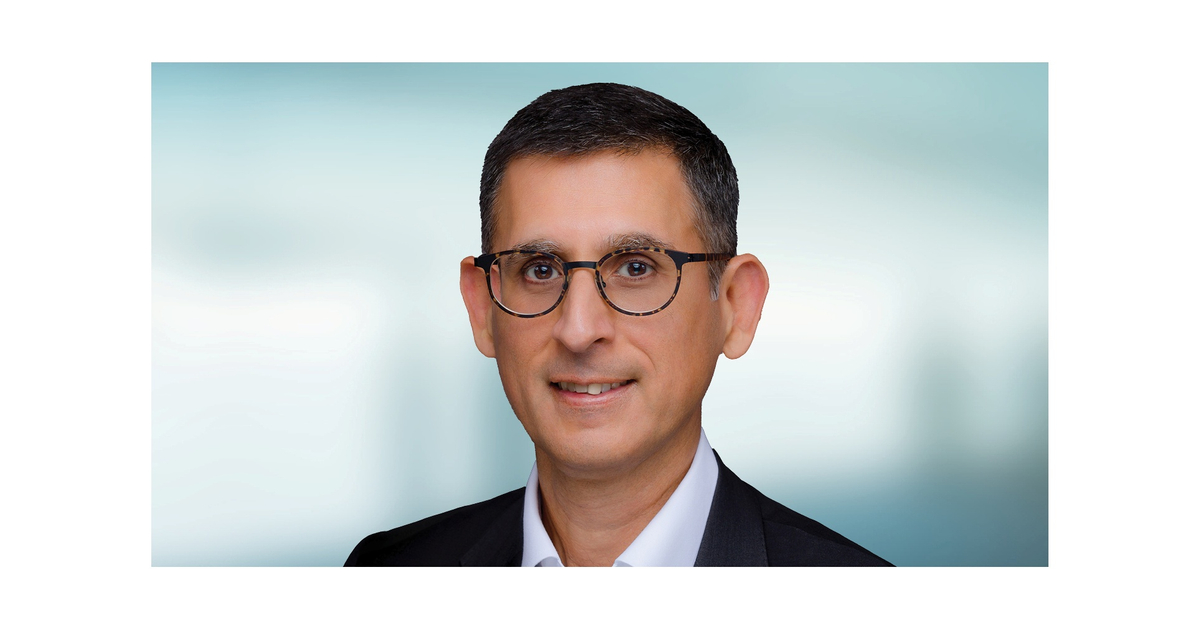Young Asians to inherit US$15 trillion in next decade – how are S’poreans preparing for it?
54% of local millennials and zoomers do not have any financial plan in place, while a third of those who do are not taking inflation into account.

28 per cent of Asia Pacific’s millennials and ‘zooomers’ (members of Generation Z) are looking to inherit more than US$15 trillion via multigenerational wealth transfer over the next decade, according to the latest report by the Asian branch of the largest wealth management company in the UK, St. James’s Place, published last month.
The survey, Money Relationship Monitor 2022 – Wealth Through the Generations, was carried out among 25 to 64 year olds in Singapore and Hong Kong, coming from households with a minimum annual income of at least S$70,000 which held personal investments in stocks, property, funds and so on.
 Image Credit: SJP Asia
Image Credit: SJP AsiaIt evaluated the attitudes among three different groups of investors — the Future Wealthy (ie. largely unattached young people, with limited obligations towards anybody else), the Sandwich Generation (comprising those who have both children and parents), and Golden Years investors (who are planning for their own retirement already).
Cautious but without a plan
Younger Singaporeans tend to be a bit less optimistic and more anxious about investing money, which isn’t necessarily a bad sign, as it should contribute to greater responsibility in making decisions.
That said, about 54 per cent do not have any financial plan in place and largely do not feel the need to have any just yet. Meanwhile, a third of those who do, are not taking inflation into account — although this may soon change, given the experiences of the past year.
At the same time, however, failing to make such plans does not mean that they splurge money senselessly.
75 per cent of those who are not actively preparing for the future admitting to making lifestyle sacrifices for the sake of better retirement, as compared to just 56 per cent among those who have a plan in place.
Lack of a formal process should not suggest a lack of common sense, which is often associated with the young.
Crypto in retreat?
The most interesting observation may be the general failure of digital to make a splash and meaningfully impact investment habits of younger investors.
Confidence in managing cash, properties, insurance, fixed income and various forms of equity investments is still comparably strong among all generations, despite as many as four decades separating them.
Meanwhile, crypto — hailed as the future of finance — doesn’t inspire as much confidence, even among the youngest.
In fact, the most confident about digital assets (and, to be frank, all assets in general) are those from the Sandwich Generation, who are also the most pressed to generate superior financial results given that others depend on them.
It’s going to be interesting to see the results of the 2023 edition of this report, given that this one was made before the most notable crypto bankruptcies involving the second largest exchange FTX, which has likely wiped out millions of dollars held by Singaporeans in its accounts.
Selfish altruists
While about a half (49 per cent versus the average of 42 per cent) of millennial investors in Singapore are driven by personal ambitions, they are also more concerned about environmental and social impact of their investments.
70 per cent declare ESG (environment, social, governance) issues as a priority (up by six percentage points from last year), with 68 per cent claiming to review sustainability reports before making an investment decision.
Issues of greatest importance to eight out of 10 millennials include climate change (14 per cent), health and wellbeing (13 per cent), education (11 per cent), decent work as well as economic growth and poverty (nine per cent), gender equality (eight per cent), affordable and clean energy (seven per cent), clean water and sanitation (six per cent).
That said, it’s the Sandwich Generation that is most likely to act on them, with 87 per cent viewing it as a prerequisite to investment, which is likely explained by concern for their children.
 Image Credit: szefei/depositphotos
Image Credit: szefei/depositphotosDespite the seeming paradox between expressing both self-interest as a driver for profitable wealth management and care for the consequences of one’s decisions, they are clearly aligned on the layer of personal self-fulfilment. Showing care or investing in more sustainable causes makes one feel better about himself, after all.
Nothing like the family
All in all, despite a slight change in certain attitudes, young investors, future heirs to their family wealth share most of their traits with their predecessors.
 Image Credit: SJP Asia
Image Credit: SJP AsiaAnd, much like they did in the past and still do today, they trust their family for financial advice the most — which maybe somewhat ironic, considering that they are also concerned about conflicts dividing wealth between family members may cause in the future (59 per cent admit it causes them stress and over a half admits it has caused some disharmony).
Despite widespread access to virtually all of the world’s information on the internet, at the end of the day, personal relationships are still the main factor in financial decisions made by Singaporeans of all ages.
Featured Image Credit: DragonImages/depositphotos

 UsenB
UsenB 





















.jpg&h=630&w=1200&q=100&v=6e07dc5773&c=1)











